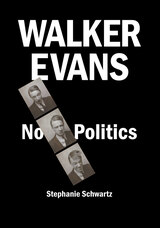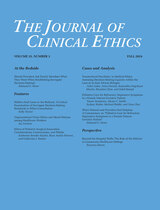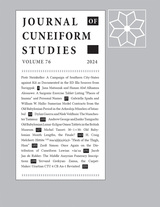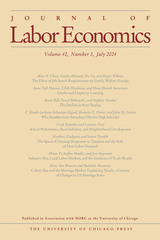
The story behind the most iconic American photobooks of the twentieth century.
In the late 1930s and early 1940s, the Farm Security Administration (FSA) funded a now-famous photography project to document and highlight American rural life and its economic challenges. In time, the project launched a genre of works that incorporated photographic evidence and artistic documentation of rural poverty, highlighting the struggles and resilience of the American people during this period. Nearly a century later, these photographs have become largely synonymous with the Great Depression.
In These Vivid American Documents, Joseph R. Millichap presents an illuminating examination of four photobooks born of this FSA project: Archibald MacLeish and Dorothea Lange’s Land of the Free; Walker Evans and Lincoln Kirstein’s American Photographs; Dorothea Lange and Paul Taylor’s An American Exodus; and James Agee and Walker Evans’s Let Us Now Praise Famous Men. Millichap includes in his analysis a curated selection of thirty-two photographs from these four photobooks, showcasing the realities of the social, individual, political, artistic, and economic aspects of that time.
Through Millichap’s thorough and insightful study, readers will gain a deeper understanding of the significant cultural and historical impact of this photographic project. Examining what are now historical American icons, like Walker Evans’s portrait of Allie Mae Burroughs and Dorothea Lange’s Migrant Mother, Millichap leans into the intersections, tensions, and meanings that this particular era and medium encapsulate. His close comparison of the documentary and artistic purposes of the photobooks both analyzes how they balance text and imagery and offers a thoughtful study of the photographers and writers who produced them. These Vivid American Documents is an illuminating volume for scholars and general readers alike.

“NO POLITICS whatever.” Walker Evans made this emphatic declaration in 1935, the year he began work for FDR’s Resettlement Administration. Evans insisted that his photographs of tenant farmers and their homes, breadlines, and the unemployed should be treated as “pure record.” The American photographer’s statements have often been dismissed. In Walker Evans: No Politics, Stephanie Schwartz challenges us to engage with what it might mean, in the 1930s and at the height of the Great Depression, to refuse to work politically.
Offering close readings of Evans’s numerous commissions, including his contribution to Carleton Beals’s anti-imperialist tract, The Crime of Cuba (1933), this book is a major departure from the standard accounts of Evans’s work and American documentary. Documentary, Schwartz reveals, is not a means of being present—or being “political.” It is a practice of record making designed to distance its maker from the “scene of the crime.” That crime, Schwartz argues, is not just the Depression; it is the processes of Americanization reshaping both photography and politics in the 1930s. Historicizing documentary, this book reimagines Evans and his legacy—the complexities of claiming “no politics.”
READERS
Browse our collection.
PUBLISHERS
See BiblioVault's publisher services.
STUDENT SERVICES
Files for college accessibility offices.
UChicago Accessibility Resources
home | accessibility | search | about | contact us
BiblioVault ® 2001 - 2024
The University of Chicago Press









